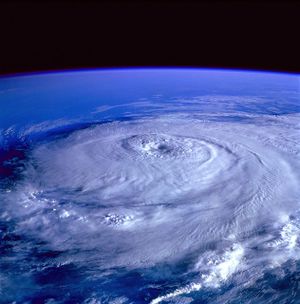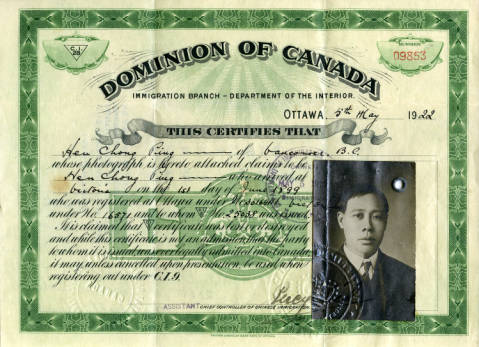Documentation:Documentation:Research Commons/FIRE Talks/2013-2014/Frameworks of Power
FIREtalk Information
Frameworks of Power

Media:Frameworks of Power Poster.pdf
The Research Commons invites grad students from every discipline to examine the frameworks of power that govern our world. What factors contribute to systems of domination, privilege, marginalization, oppression and liberation? How do power dynamics play out in research and scientific inquiry? Are there parallels between manifestations of power in social and mechanical systems? How can unequal and oppressive relationships affect behaviour? How can power be implemented to improve well-being? Join us as we discuss these topics during our February FIREtalk, Frameworks of Power.
When: Wednesday, February 26, 4-6 pm
Where: Koerner Library, Room 216
Presentations
- The Truth will set you free: there is no truth, Richard Togman (Political Science)
- The power of social media and post publication peer review, Shelly Fan (Neuroscience)
- The challenges and rewards of developing library services for indigenous populations in Guatemala, Matthew Root (SLAIS, Co-chair of Librarians without Borders at UBC)
- The hidden power of animals, Barak Caracheo (Neuroscience)
- The tyranny of free will, Catalin Mitelut (Law, Computer Programming and Neuroscience)
- Revolt, Revolution and Imagination, Turan Serbulent (Political Science)
- Sport, Power and the Potential to Create Practices of Liberty Through Performance, Kelsey Blair (Theatre)
Who Should Attend
Graduate students from any UBC department!
Attend as an audience member and join the discussion after the presentations! To register as audience click here.
FIREtalk Resources
Recommended by presenters:

Herbert Marcuse, A Study on Authority, Verso, 2008.
- Also found in: Marcuse, H. (1972) Studies in critical philosophy. London: Nlb.
Hannah Arendt, Crises of the Republic, Harcourt Brace & Co, 1972.
Dyck, Noel, and Eduardo P. Archetti. Sport, Dance, and Embodied Identities. 1st ed. Oxford ; New York: Berg, 2003. Print.
Kreft, Lev. “Sport as a Drama.” Journal of the Philosophy as Sport. 39 2 (2012): 219-234.
Markula, Pirkko, and Richard Pringle. 2006. Foucault, Sport and Exercise : Power, Knowledge and Transforming the Self. Abingdon: Routledge, 2007. Print.
Schechner, Richard, and Richard Schechner. Performance Theory. London; New York: Routledge, 2003. Print.

Gorman, Kathleen S. and Ernesto Pollitt. “The Contribution of Schooling to Literacy in Guatemala,” International Review of Education , Vol. 43, No. 4 (1997) , pp. 283-298
Ishihara-Brito, Reiko. "Educational Access is Educational Quality: Indigenous Parents’ Perceptions of Schooling in Rural Guatemala." Prospects 43, no. 2 (2013): 187-197.
Schlesinger, Stephen C., and Stephen Kinzer. Bitter Fruit: The Untold Story of the American Coup in Guatemala. Garden City, N.Y.: Doubleday, 1982.
Also of interest...
Books
Blackwell, A. & MacKay, D. (2005) Power. Cambridge, UK: Cambridge University Press. (Seven internationally renowned writers address the theme of power from the perspective of their own disciplines.)

Articles
Lynch, Mona (2013). Policing the 'progressive' city: The racialized geography of drug law enforcement. Theoretical Criminology, 17(3), 335-357.
Lee, Y., & Recchia, S. L. (2008). "Who's the boss?" young children's power and influence in an early childhood classroom. Early Childhood Research & Practice, 10(1).
Videos
(2002). Ancient Power – Ancient discoveries. Films Media Group. Films on Demand
Pitts, T., & Farrer-Halls, G. (Directors). (1970). The Power of Compassion by H. H. The Dalai Lama. MVD Entertainment Group. VAST: Academic Video Online.
Blog Posts
Decolonizing Knowledge: Power Dynamics of Research and Academia
Citizenship in Post-Awakening Egypt: Powers Shifts and Conflicting Perceptions
